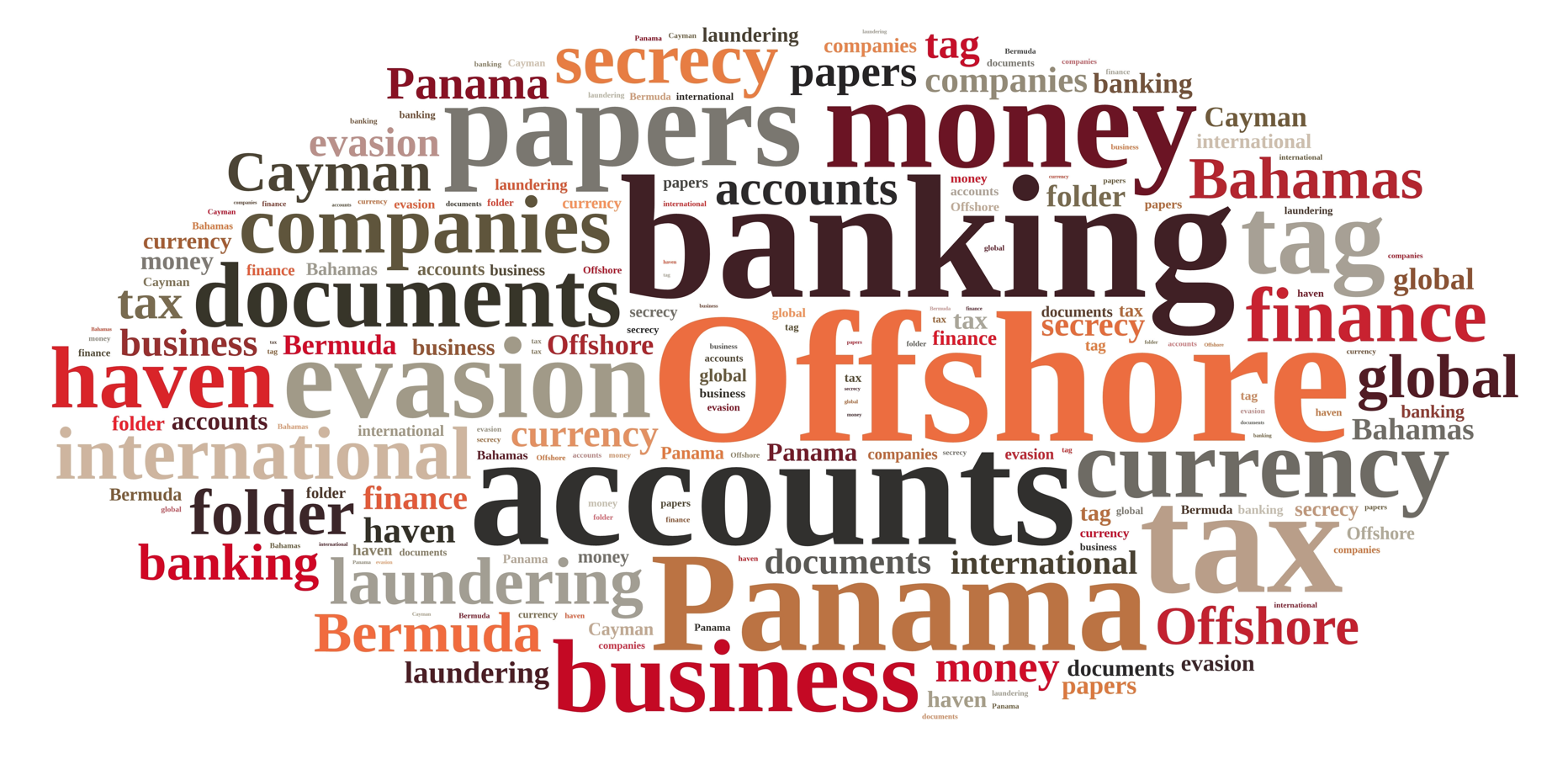Here we look at a potential money laundering scenario that can arise in practice. You have been filing income tax returns for your client for many years. Just last week your client has volunteered a confession that she has been keeping money offshore in a Panamanian bank account, the existence of which has never been declared on her tax returns.
Normally tax evasion is a reportable money laundering offence. Is there something different that may apply here?
Section 46 (1) of the 2010 Act states that disclosure of information which is subject to legal privilege is not required. Known as the ‘privilege circumstances exemption’, ‘relevant professional advisers’ (defined as accountant, auditor or tax adviser who is a member of a designated accountancy body or of the Irish Institute of Taxation) may, in the course of their work, receive information and documents that are subject to legal privilege, e.g. when engaged by a legal professional to carry out work on behalf of a client or when approached directly by a client to deal with previously undeclared taxes. If Section 46 applies in these circumstances, no money laundering report needs to be filed.
Given the complexity of these matters – as well as the need for a considered and consistent approach to all decisions, supported by adequate documentation – it is recommended that they are always discussed with the MLRO and legal/professional advice is obtained in writing.
The reporting exemption is unlikely to apply if the existence of the Panamanian bank account came to light in the course of your work and was not initially volunteered by the client or if the client subsequently refuses to go ahead and file/pay the relevant taxes, having had your professional advice. then Section 46 will fall away and a money laundering suspicious transaction report (STR) will need to be filed by the MLRO.
More guidance on this topic is available in Part 7.4 of the recent CCAB-I Guidance called Technical Release 01-2019 (Updated March 2022).
Accountants should also consult the Code of Ethics (ACCA, CPA Ireland, Chartered Accountants Ireland) of their respective professional bodies for the implications of the lack of integrity of their client and consider the implications of withdrawing from the assignment. Withdrawal from the engagement and the professional relationship is not a substitute for taking other actions that might be needed to achieve the professional accountant’s objectives. Again obtaining professional and legal advice is a good idea.’
Are your AML Policies Controls & Procedures up to date?
We have just released our latest Anti-Money Laundering Policies Controls & Procedures Manual (March 2022) – View the Table of Contents click here.
We have also just released an updated AML webinar (March 2022) available here, which accompanies the AML Manual. It explains the current legal AML reporting position for accountancy firms.
To ensure your letters of engagement and similar templates are up to date visit our site here where immediate downloads are available in Word format. A bulk discount is available for orders of five or more items if bought together.
For our latest Audit Quality Control Manual (October 2021) (implementing the latest Irish Audit & Accounting Supervisory Authority standards including ISQC1 on audit quality control) click here. View the Table of Contents here.






